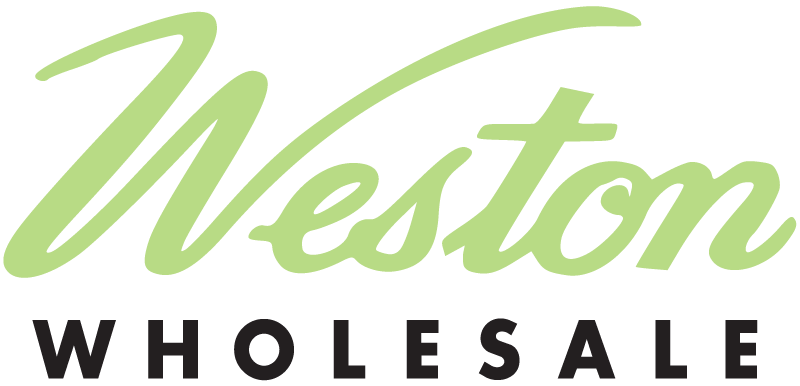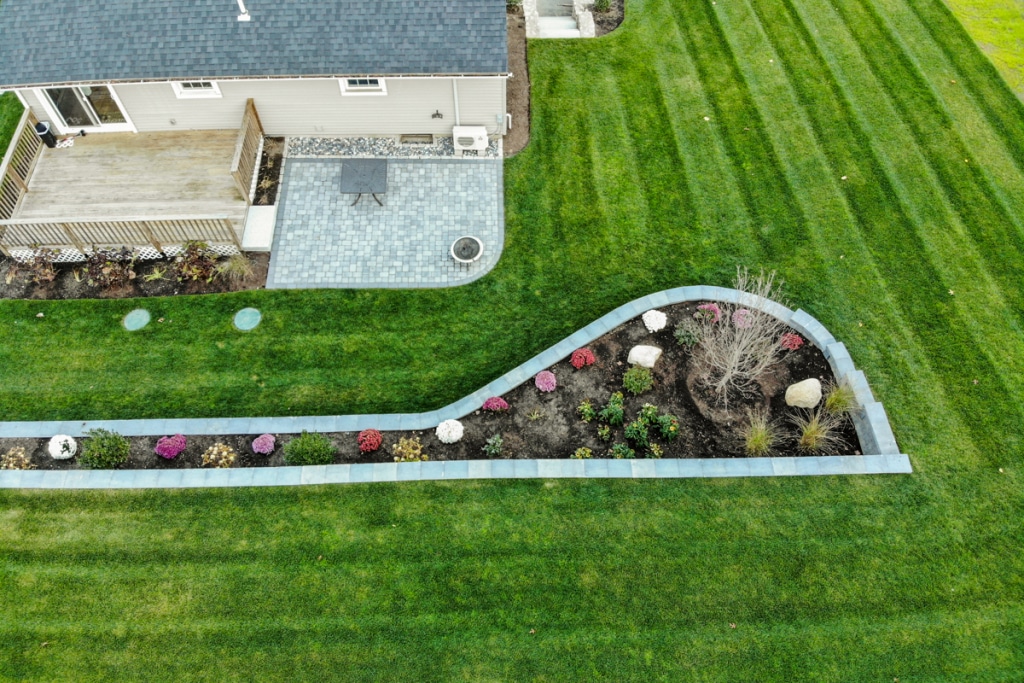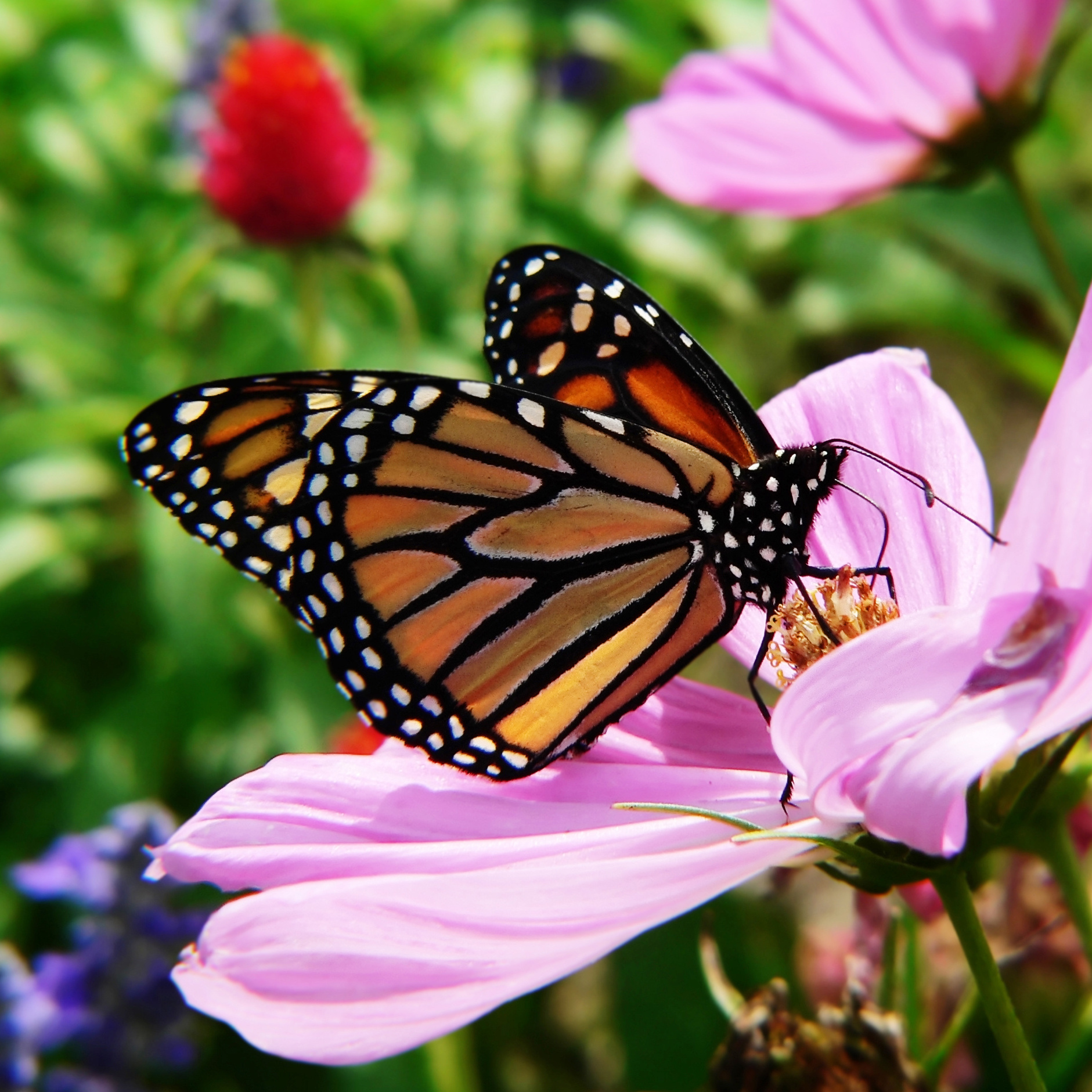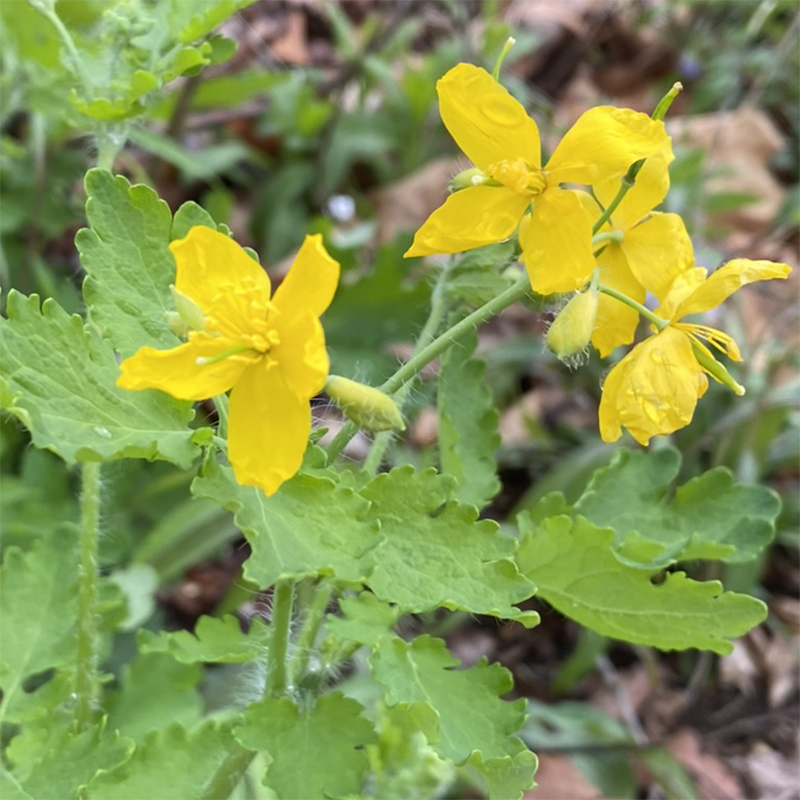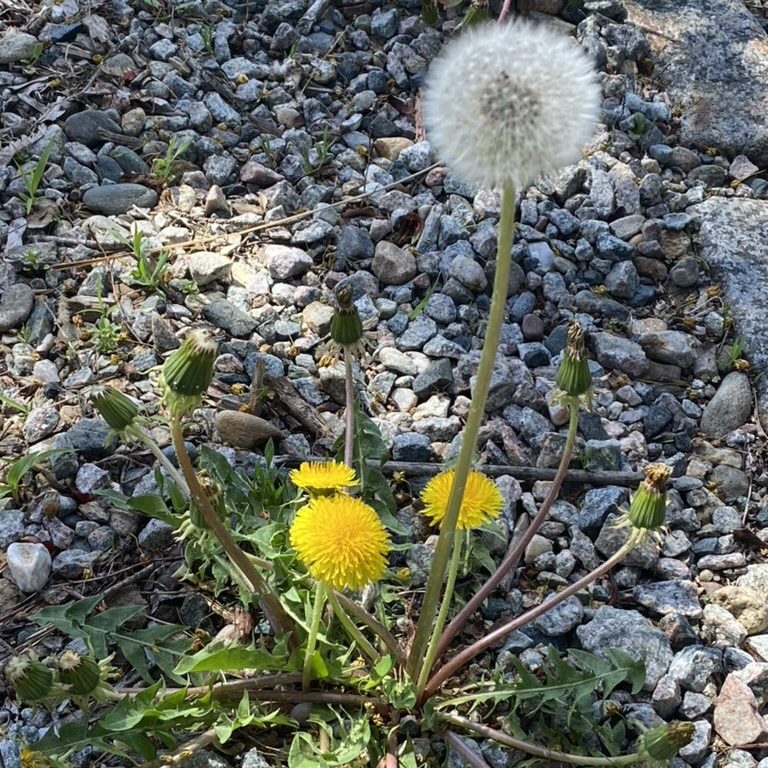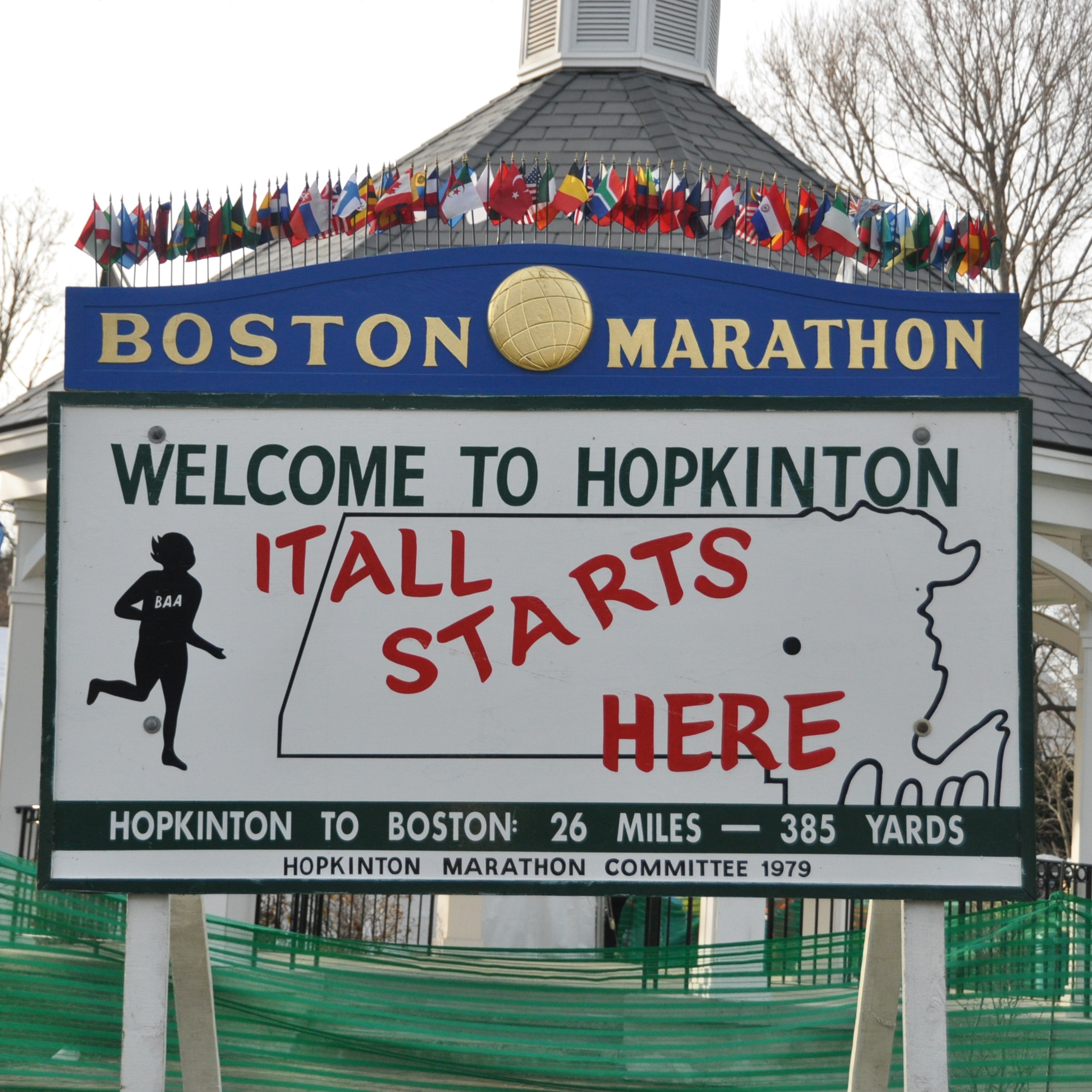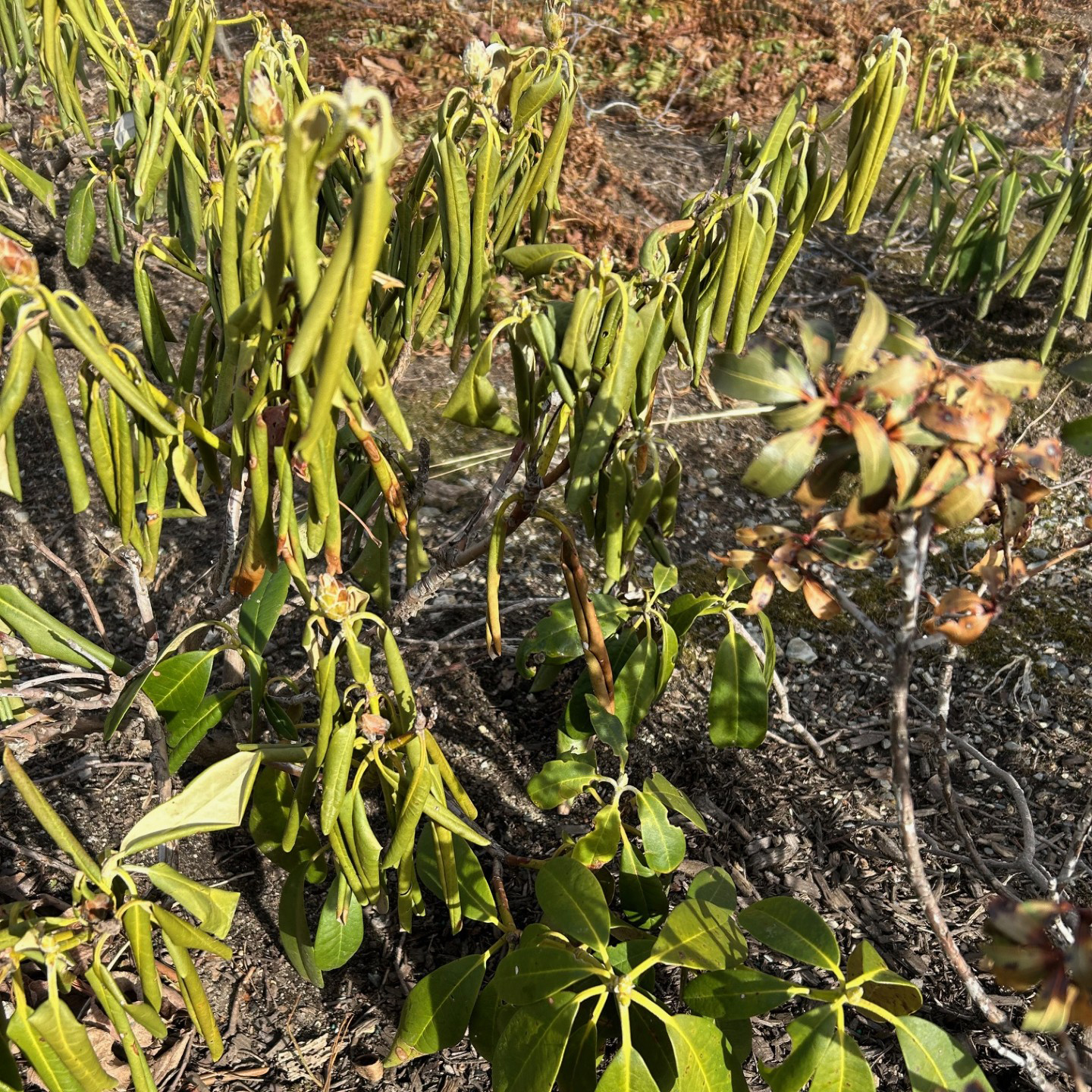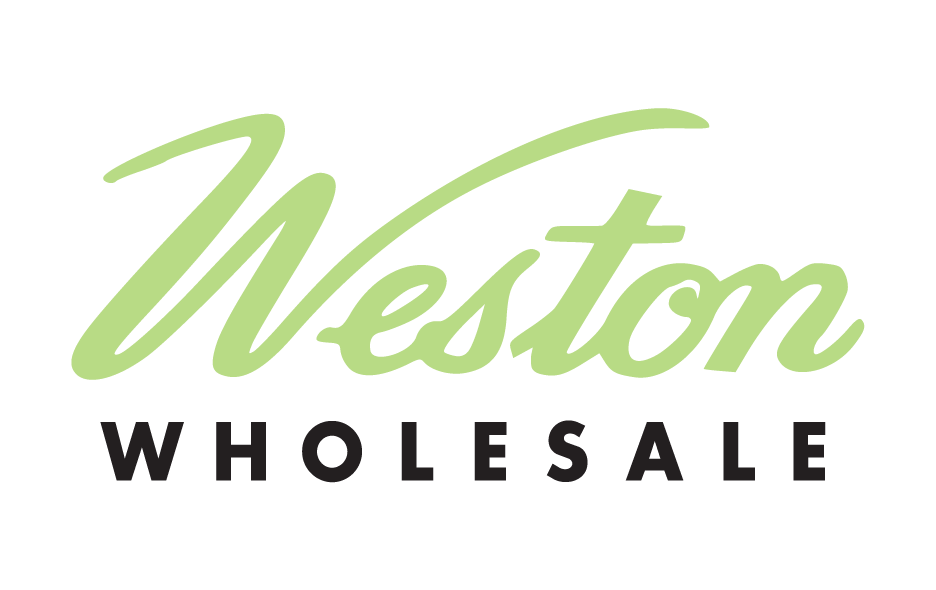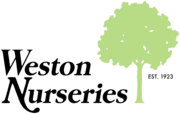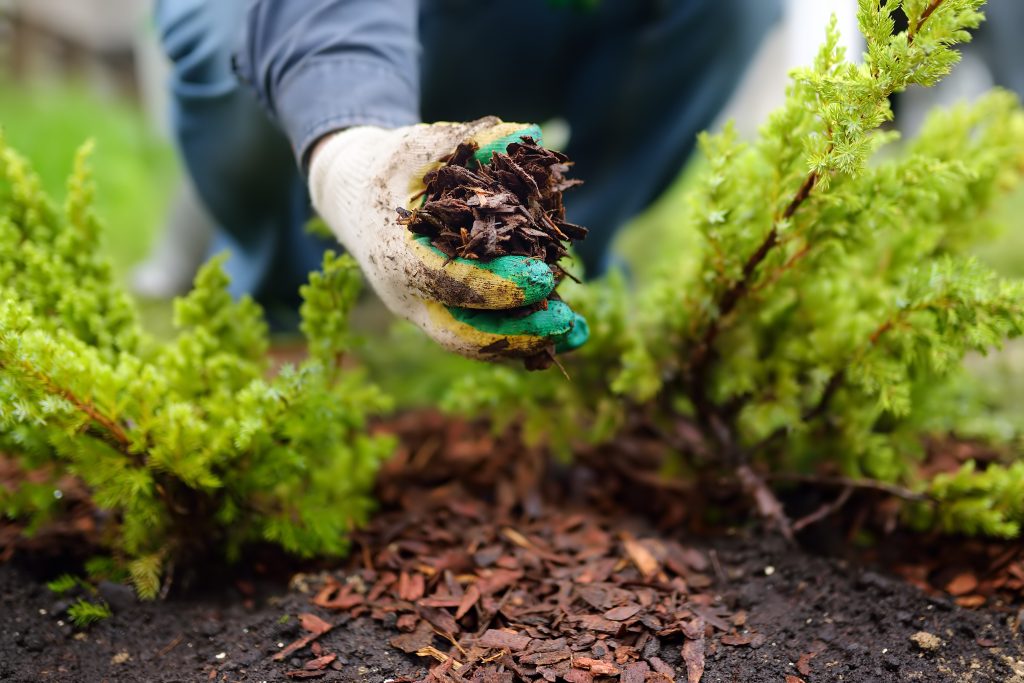
Trees, shrubs, perennials and other woody and herbaceous plantings are the key elements in our landscaping. However, bulk products, such as compost, mulch, and soil are fundamental to the health of your landscape plants and are indispensable in enhancing the beauty of your property.

Compost
When your soil is high in organic matter due to the addition of compost, beneficial micro-organisms initiate the food cycle by digesting organic matter, which releases valuable nutrients into the soil. These nutrients are then processed by other organisms and are eventually taken up by the plant’s root system- this results in strong plant tissue and better flowering. Healthy, compost-rich soil also supports and encourages earthworms which aerate the soil and make it easier for roots to grow deeper. More organic matter in your soil provides more air pockets for water and nutrients to be absorbed unimpeded, again encouraging deep root growth. Deeper roots make plants healthier and more drought tolerant.
Conversely, soils with low organic matter produce weaker plants and lawns that are more susceptible to pests and diseases. Many people rely on the use of synthetic fertilizers and chemicals to improve the “look” of their lawns and plants; however, the soil remains infertile, increasing dependency on inorganic products in the future. Once you decide to go the compost route, you can break the cycle of chemical fertilizer dependence. When you have established a good base of compost in your soils, you will need less frequent applications of organic fertilizers to maintain healthy populations of micro-organisms in the soil for the continued long-term health of plants and lawns. As a side benefit, soils high in organic matter also retain water better, thereby allowing you to conserve your water usage.

Patrick J. Goudreau, our very own compost guru here at Weston Nurseries Bulk Yard, recommends the following:
- Lawns – Topdress in early spring and again in fall with .25 inch of compost
- New perennial beds, trees and shrubs- the soil should be a range of 25-33% compost depending on the quality of your existing soil prior to planting. Remember, compost will make clay soil softer and therefore, it will be easier for water and roots to penetrate. Conversely, compost will enable sandy soil to retain water better.
- Vegetable gardens – Up to 50% compost is ideal
- Established beds, trees and shrubs – Apply to top of soil, like mulch.
We’re particularly proud of the compost we produce here at Weston Nurseries. Our compost is also Approved for Organic Use, which means that you can use it safely in your vegetable garden, landscape, or lawn. Weston’s Best Compost is available in bulk quantities, or you can purchase a re-usable compost tote and bring home 10 gallons at a time. We also have a variety of bagged composts available. For more information and to determine how much compost you will need, please consult our “By The Yard” page and our soil and compost calculator. We also have a variety of bagged composts available.
Mulch
In addition to beautifully framing your landscape and giving it a polished, finished appearance, mulch is a security blanket for all plants. In the winter it will insulate the roots and in the summer heat, it will help retain moisture. Mulch aids in weed suppression, thereby reducing the amount of time you need to spend maintaining the landscape. Organic mulch will supply nutrients and condition the soil and will be more effective for the health of the plant over using synthetic mulches. As all organic mulches will decompose over time, and it will be necessary to replenish your mulch periodically.
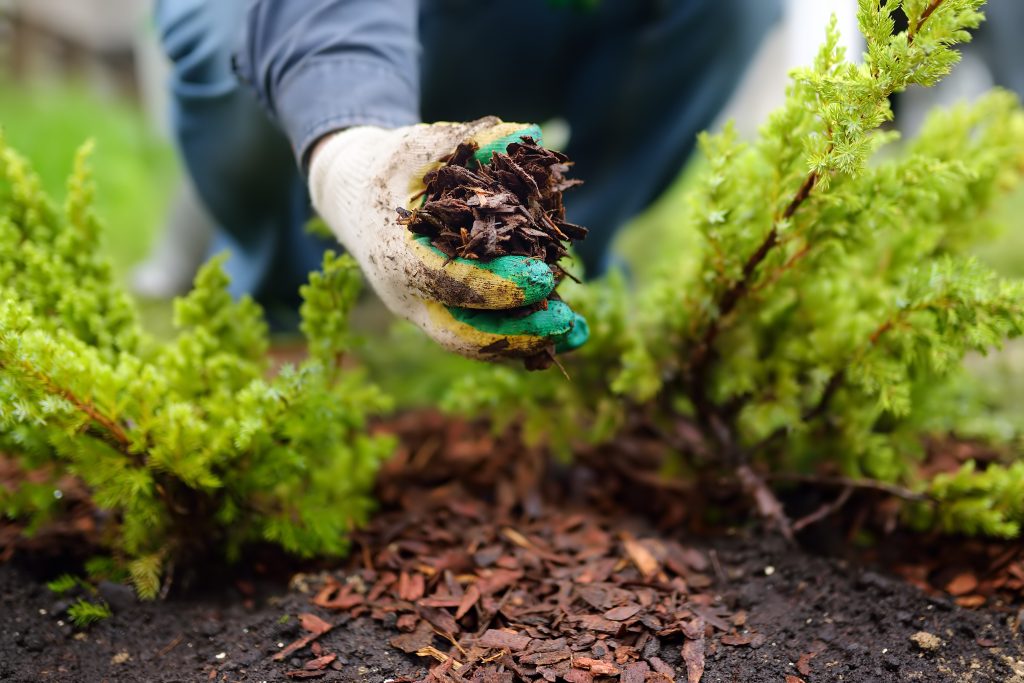
Bark mulch is the most common mulch available. As the bark decomposes, it will change color and add nutrients back into the soil. Bark has a great smell and comes in various colors. The color of most bark mulches is natural but, in some cases, it may be synthetically enhanced.
- When applying mulch be careful not to over-apply. To keep the plants healthy a 2-3” depth is recommended and make sure the mulch is not touching the stem(s) of plants and the root flare is visible. If the stems or root flair are not kept free of mulch, the plants and trees may become oxygen deprived leading to stress, disease and possibly death.
There are many other types of organic mulches such as straw, salt marsh hay, cocoa bean hull, and buckwheat hull. Fall leaf litter and dropped pine needles can also be effective organic mulches.
- Straw mulch is particularly useful in in winter when it may be necessary to shade sunny beds to prevent untimely thawing and heaving and not retain moisture that could promote fungal germination in early spring.
Straw mulch is also ideal for your vegetable garden. It is lightweight, will help retain moisture, suppress weed growth, and it breaks down quickly, providing additional nutrients to the soil. - Cocoa bean hull mulch is used in the same way as bark mulch; however, it may be toxic to dogs.
- Buckwheat hull mulch makes for a very attractive, textured, and even cover for both vegetable and flower beds.
- After raking your leaves in the fall, simply shred the dry leaves with your lawnmower and use as mulch. Partially decomposed leaves may also be used as mulch but will take longer to break down than shredded leaves.
- Pine needles make particularly good mulch for acid-loving plants. Pine needle mulch has the advantage of being lighter weight than bark mulch, allowing for greater water percolation into the soil plus it breaks down more slowly.
At Weston Nurseries, we make our own mulch blends, available in bulk for pick-up or delivery. We also stock a variety of other mulches in bulk or by the bag. Please refer to our “By The Yard” page for a complete listing of our bulk mulch products and our mulch calculator.
Soil
Not all the “dirt” in our landscape makes good soil for planting. Soils with a lot of clay and heavily compacted soils do not drain well and can be too dense to allow proper root development. Sandy soils may not retain enough moisture to support plant growth and nutrients may leech out quickly. Some soils may be acidic or alkaline. Soil may be contaminated and not suitable for edibles such as vegetables and berries. Soil testing will help you determine soil pH, nutrient levels and check for the presence of lead and other heavy metals. Our soil calculator will help you determine how much soil you will need to purchase.
Different types of soil mixes are available by the bag and in bulk:
Potting Soil:
Garden soil doesn’t offer enough air, water, or nutrients for container-grown plants so you will need to use a potting soil mix. These mixes tend to be light and airy, specifically formulated for container gardening to ensure adequate drainage and space for roots to grow. Most will also contain material such as peat to help retain moisture. Many mixes contain organic or chemical fertilizer. Simply add potting soil to pots and then plant your annuals, flowers, small trees and shrubs directly into it. Replace potting soil annually.
Raised Garden Bed Mix
Most raised bed mixes contain a combination of soil, compost, and manure and is intended to use straight out of the bag It is easy to make your own using a mixture of topsoil, organic compost, manure and peat. Raised bed mixes are available by the bag and Weston’s Garden Mix is available in bulk for pick-up or delivery.
Garden Soil
Bagged soil labeled as “garden soil” is for in-ground use and should be blended into your native soil to enhance texture and build stronger plant roots. It is essentially topsoil that has been enriched with compost or other organic materials beneficial for plant growth
Topsoil
Used to fill in bare spots, low spots, or heavily trafficked areas that have been compacted. Also useful for top-dressing existing lawns. Use as a base for creating your own raised bed soil mix.
High Organic Content Loam
Weston Nurseries By The Yard stocks a dark, finely screened loam blended with high organic material for all your general planting needs, available for pick up or delivery.
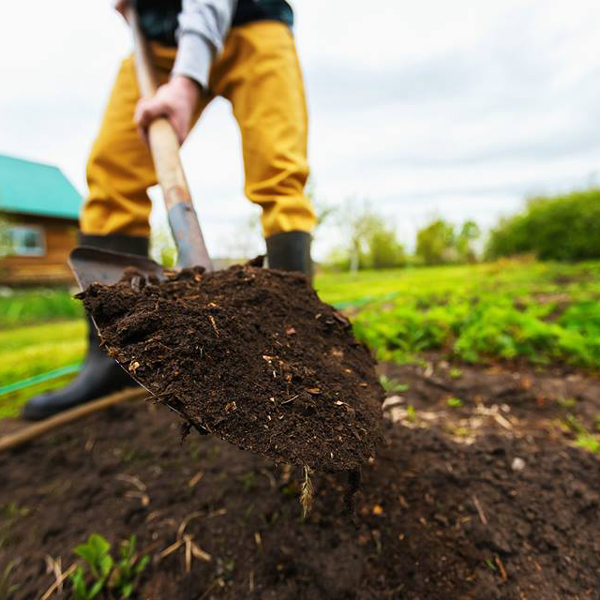
Shop Weston By The Yard!
We have a wide assortment of mulch, soils, compost, and gravel available in bulk at both our Hopkinton and Chelmsford Garden Centers, available for pick-up or delivery. Order online today!
